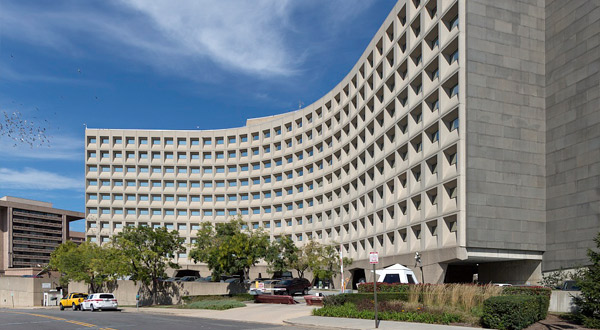January 25, 2021

A press release at the official site for the Department of Housing and Urban Development announces that the Biden Administration has “requested the U.S. Department of Housing and Urban Development and other Federal Agencies” extend the current COVID-related foreclosure and eviction moratorium for single family mortgages insured by the Federal Housing Administration.
This request also affects loans guaranteed by the Office of Native American Programs’ Section 184 and 184A loan guarantee programs.
At press time, and according to the press release, the moratorium is extended through March 31, 2021.
The press release on the HUD official site states that this extension is, “one of the first Administration actions” that addresses the need for “meaningful support” to homeowners struggling with financial difficulty during the pandemic.
“As President Biden promised, his new Administration is quickly addressing the widespread needs of a nation that is in urgent need of meaningful assistance to begin combatting the effects of COVID-19,” said Acting Federal Housing Commissioner Janet Golrick, who was quoted in the press release.
She adds, “Immediately safeguarding borrowers with HUD-insured or guaranteed mortgages is an important first step in tackling larger, systemic housing challenges that must be overcome.”
What does the extended moratorium do? Loan servicers are forbidden from initiating or proceeding with foreclosure and foreclosure-related eviction actions for HUD insured or guaranteed single family forward and reverse mortgages.
There are exceptions provided for “legally vacant” properties and abandoned properties. F
The moratorium does not end there, however. HUD requires mortgage servicers to allow six months of COVID-19 forbearance “when a borrower experiencing a financial hardship due to COVID-19 requests this assistance,” and an extra six months of forbearance are offered to those who request it.
In all cases, this loan forbearance must be worked out with your participating lender or loan servicer.
No mortgage debt relief is automatic and the loan forbearance is not a waiver of payments, but rather a delay of the required payments unless the borrower and servicer work out a different arrangement.
Borrowers should never suspend mortgage payments without discussing their situation with the lender first.
You will need to work out arrangements for making the payments at a later date–this loan relief does not forgive the unpaid amount, but you can negotiate with your loan officer to see what is possible.
Under no circumstances should you neglect to contact your loan officer, and beware of third-party scammers who offer to help you “save your home” and ask you not to make payments to your lender and/or ask you to sign your title over to them. Never do these things.

